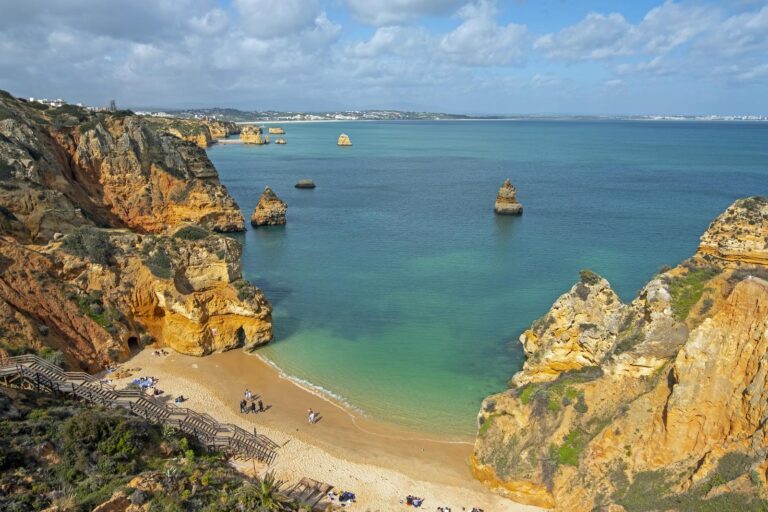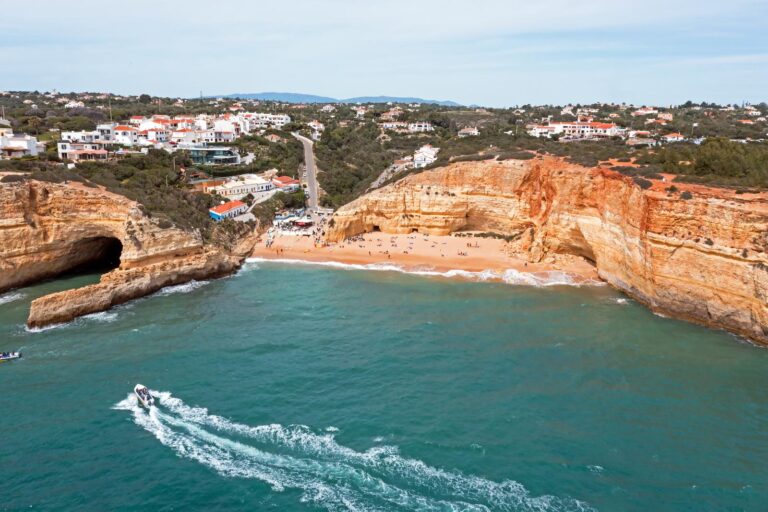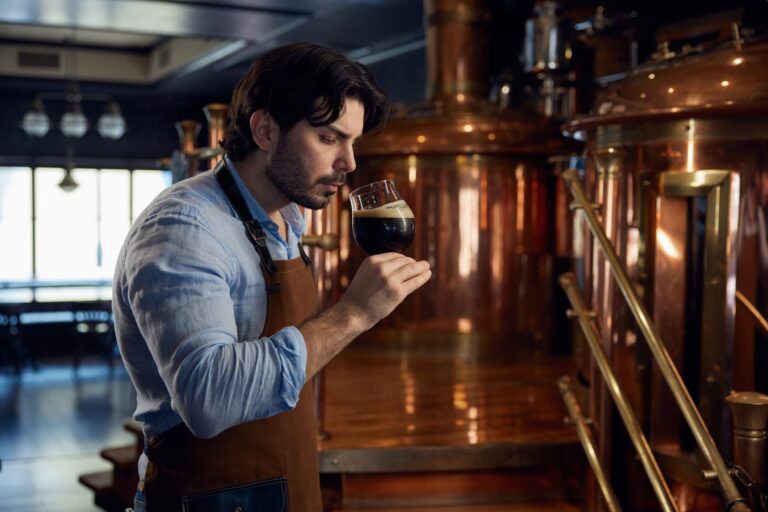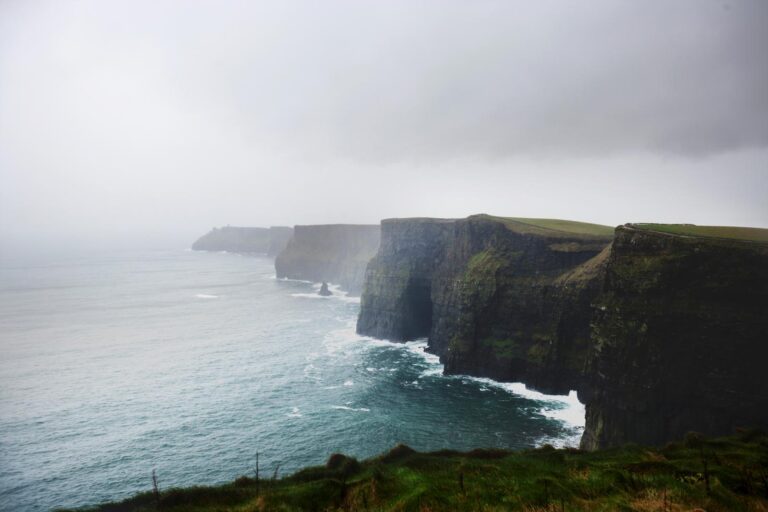A Country Guide to Ireland: Discover Its Rich Culture and Stunning Landscapes
Ireland is a land of stunning landscapes, rich history, and vibrant culture waiting to be explored. This country guide to Ireland will equip you with essential tips and insights to enhance your travels. From navigating its scenic routes to understanding local customs, you’ll find everything you need here.
Whether you’re wandering through the bustling streets of Dublin or soaking in the tranquil beauty of the Cliffs of Moher, you’ll discover countless experiences that leave lasting memories.
As you plan your adventure, consider the unique elements that define Ireland. This guide will highlight the must-see destinations, including charming villages, historic sites, and breathtaking natural wonders. You’ll also find practical advice on transportation and local delicacies to try, ensuring you make the most of your time in this enchanting country.
Get ready to immerse yourself in the warmth of Irish hospitality and the charm of its landscapes. With our detailed approach, you’ll feel prepared and inspired to embark on an unforgettable journey through Ireland.
Exploring the Emerald Isle
Ireland, known as the Emerald Isle, is famous for its breathtaking landscapes, iconic landmarks, and vibrant cultural festivals. You’ll find a rich tapestry of natural beauty and history that will enhance your travel experience.
Landscape and Natural Beauty
When you think of Ireland, picture lush green hills, rugged coastlines, and serene lakes. The country’s landscape is incredibly diverse.
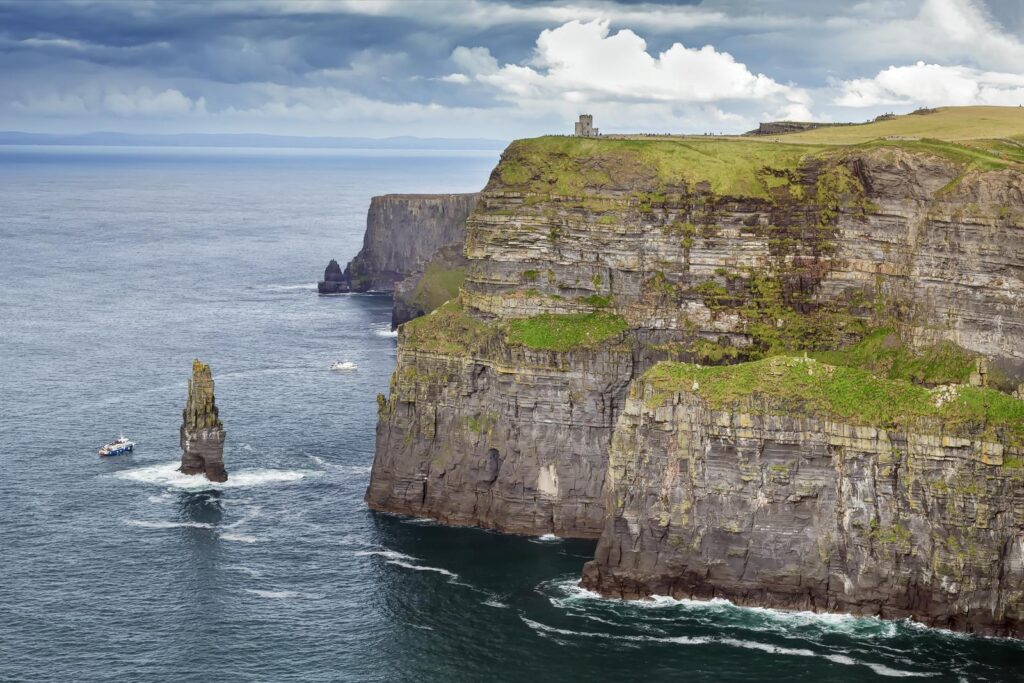
- The Cliffs of Moher rise dramatically over the Atlantic Ocean, offering stunning views.
- Killarney National Park features rolling hills and vibrant forests, ideal for hiking and wildlife spotting.
- The Giant’s Causeway showcases unique hexagonal basalt columns formed by volcanic activity.
Plan your route to include scenic drives like the Wild Atlantic Way. This coastal route stretches over 1,500 miles, presenting countless opportunities to see dramatic shorelines and charming villages.
Iconic Landmarks
Ireland is home to many historical and cultural landmarks that are must-see destinations.
- Trinity College Dublin houses the famous Book of Kells, a beautifully illuminated manuscript.
- The ancient Rock of Cashel offers a glimpse into Ireland’s early medieval history with its impressive stone structures.
- Blarney Castle is not only an iconic site but also a place where you can kiss the legendary Blarney Stone for the gift of eloquence.
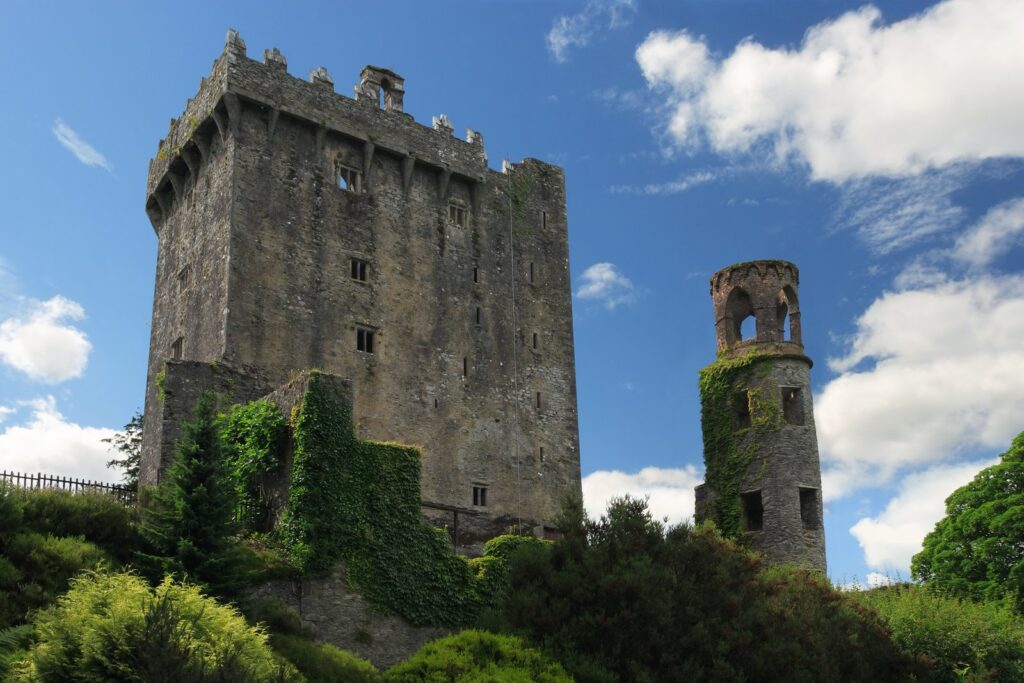
Each landmark tells a story, so take your time exploring them. Many also host guided tours that provide fascinating insights into their histories.
Cultural Festivals and Events
The cultural vibrancy of Ireland shines through its numerous festivals and events throughout the year.
- St. Patrick’s Day on March 17th is celebrated with parades, music, and street parties across the country.
- The Galway International Arts Festival showcases theater, music, and visual arts in July, attracting talent and audiences from around the world.
- In the fall, the Dublin Fringe Festival offers innovative performances, celebrating local and international artists.
Participating in these events will give you a genuine feel for the local culture and traditions. Be sure to check event calendars ahead of your trip to plan your visit accordingly.
Irish History and Heritage
Exploring Ireland’s history offers a glimpse into its rich cultural tapestry. From ancient sites to modern museums, each facet reveals stories that shaped the nation.
Historical Sites
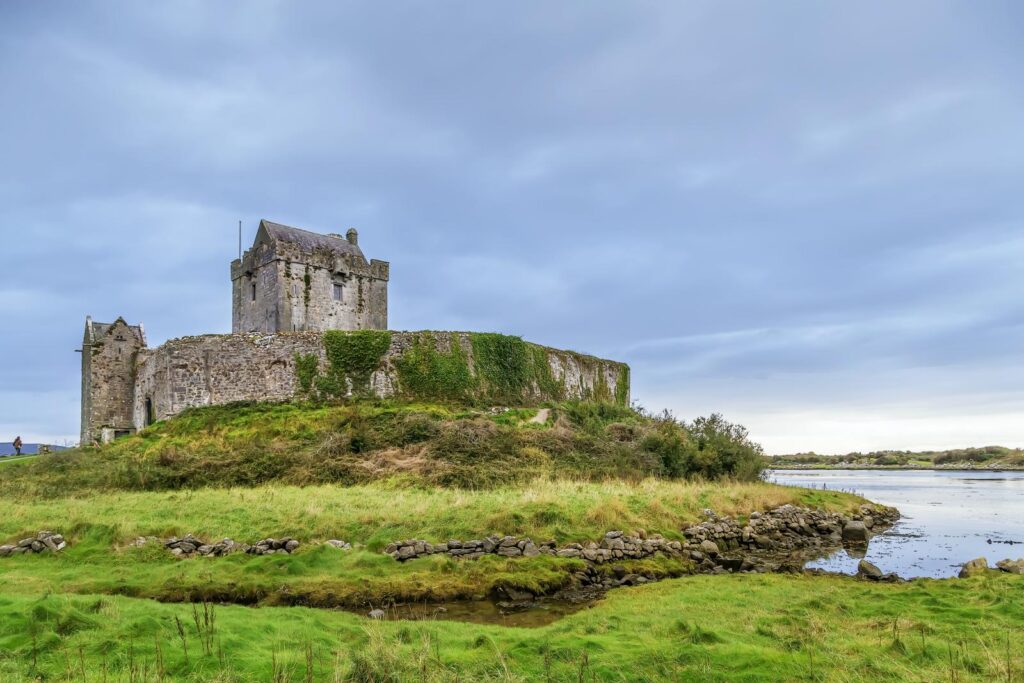
Ireland boasts an array of historical sites that tell tales of its past. Newgrange, a prehistoric monument, dates back to around 3200 BC, making it older than Stonehenge. This ancient tomb is renowned for its winter solstice alignment, allowing sunlight to illuminate its inner chamber.
Dunluce Castle offers stunning coastal views and a glimpse into medieval life. Its ruins tell stories of the clans that once called it home.
You might also want to visit Kilmainham Gaol in Dublin, a pivotal site in Ireland’s struggle for independence. Walking through its halls, you’ll feel the weight of history as you learn about key figures who fought for freedom.
Museums and Educational Tours
Museums across Ireland enrich your understanding of its heritage. The National Museum of Ireland has multiple branches, including the Archaeology section in Dublin. It showcases artifacts from ancient Ireland, including Viking treasures and Celtic symbols.
Consider joining an educational tour. Guided experiences, such as those at EPIC The Irish Emigration Museum, allow you to explore the stories of Irish emigrants. Interactive exhibits engage you as you discover how Irish culture spread across the globe.
Additionally, the Irish Folklore Collection at University College Dublin is a hidden gem. It preserves oral traditions and folk tales that reflect the spirit of the Irish people. Embrace these rich narratives as you delve into your adventure.
Irish Cuisine and Gastronomy
Exploring Irish cuisine reveals a rich tapestry of flavors and traditions rooted in the country’s agricultural landscape. From hearty dishes to unique local delicacies, you’ll discover a vibrant food culture that emphasizes authentic ingredients and communal dining experiences.
Traditional Irish Dishes
When you think of traditional Irish dishes, classics come to mind. Irish stew is a must-try, featuring tender lamb or beef simmered with potatoes, carrots, and onions. Another favorite is boxty, a delicious potato pancake that can be served plain or with various fillings.
Don’t miss out on shepherd’s pie, made with minced meat topped with creamy mashed potatoes. Colcannon, a comforting mix of mashed potatoes and kale or cabbage, is often enjoyed during festive occasions.
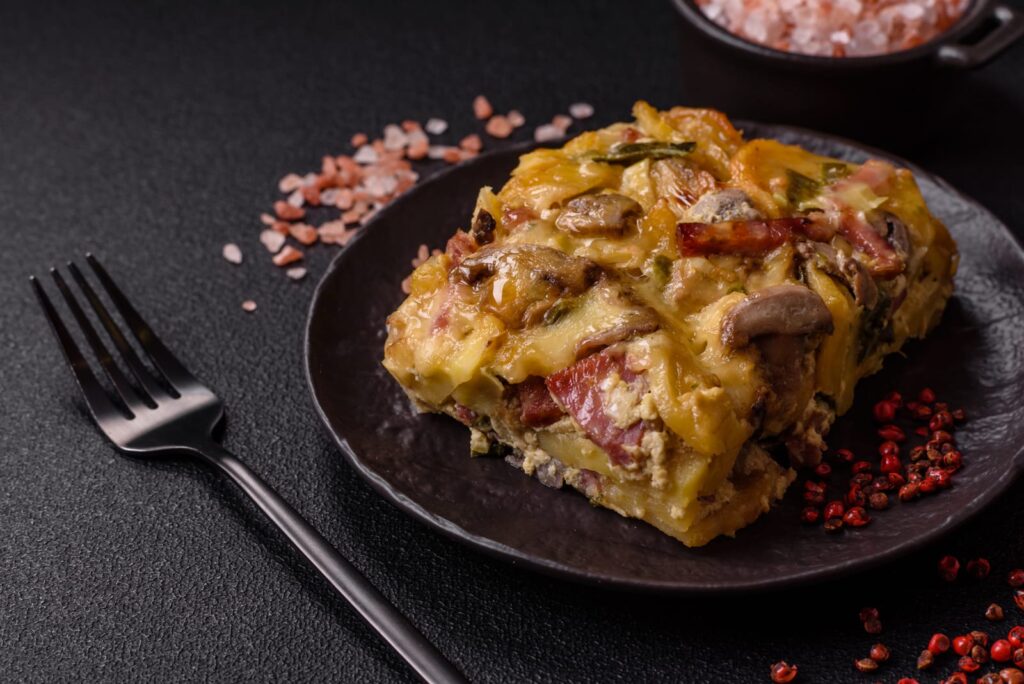
Many of these dishes highlight Ireland’s abundant use of locally sourced ingredients, making each bite a true taste of tradition.
Why not join a food tour in Dublin while you’re there?
Local Delicacies
As you roam through the Irish countryside, you’ll encounter local delicacies that reflect regional flavors. In coastal areas, fresh seafood is a highlight. Try seafood chowder for a warming, hearty option packed with local catches.
Brown bread is another staple you shouldn’t overlook. It’s typically made with wholemeal flour, offering a nutty flavor that pairs perfectly with butter or local cheeses.
Regional specialties, such as Dingle Peninsula lamb, showcase the unique characteristics of the land and the care farmers give to their livestock. These delicacies connect you to the heart of Ireland’s culinary heritage.
Food and Drink Experiences
To immerse yourself fully in Irish cuisine, seek out food and drink experiences that highlight local culture. Farm-to-table dinners offer a chance to savor meals prepared with fresh, seasonal ingredients.
Visiting a local pub can enhance your adventure, where you can enjoy traditional Irish music alongside a pint of Guinness or a glass of Irish whiskey. Tasting tours are a fantastic way to understand the local food scene.
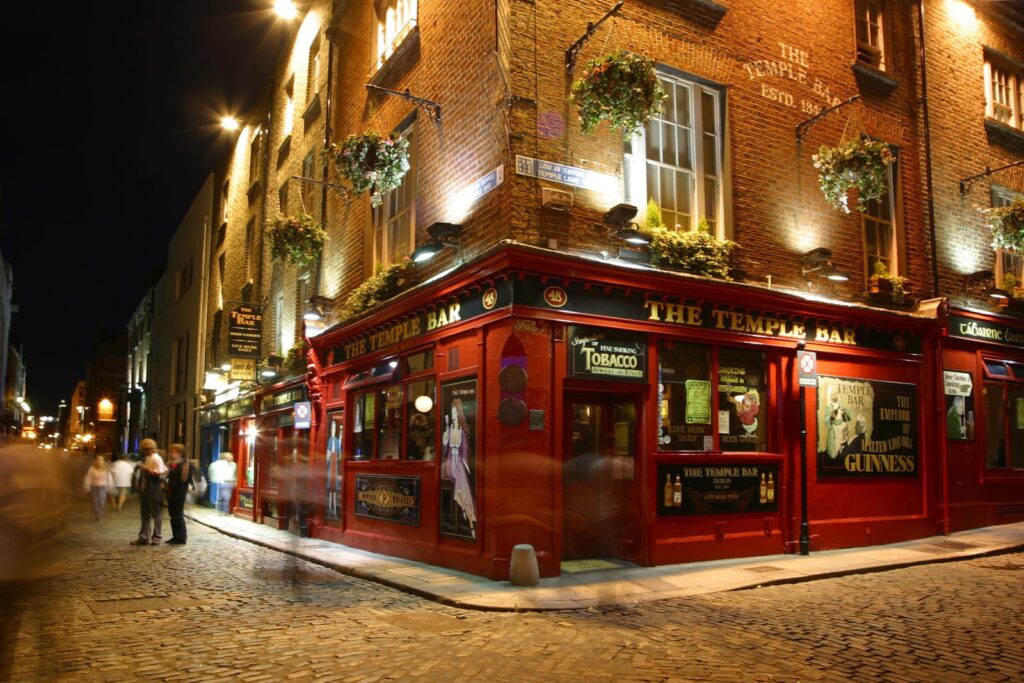
Don’t forget to indulge in cheese tastings, where you’ll find a range of artisanal cheeses crafted from local milk. Each experience contributes to a deeper appreciation of Ireland’s vibrant culinary landscape.
Travel and Accommodation
When planning your visit to Ireland, it’s essential to know how to get there and navigate once you’ve arrived, as well as the variety of accommodation options available. Here’s what you need to know to make your trip comfortable and enjoyable.
Getting to and Around Ireland
Reaching Ireland is straightforward, with several international airports, the busiest being Dublin Airport. Major airlines operate flights from various parts of the world, making it accessible for travelers.
Once you’re in Ireland, getting around is easy.
- Public Transport: Buses and trains connect major cities. The Dublin Bus service is reliable, and Irish Rail offers scenic journeys across the country.
- Car Rentals: If you prefer flexibility, consider renting a car. Keep in mind that Irish roads drive on the left, and tolls are common on many routes.
- Cycling and Walking: Many cities are bike-friendly. Walking is a great way to explore urban centers and picturesque towns.
Accommodation Options
Ireland offers a diverse range of accommodation to suit every traveler’s needs.
- Hotels: From luxurious five-star hotels to budget-friendly options, you’ll find a comfortable place to stay. Notable chains have accommodations throughout the country.
- Bed and Breakfasts: Experience Irish hospitality with cozy B&Bs. These provide a warm atmosphere and often include breakfast, making your stay even more enjoyable.
- Self-Catering: Ideal for longer stays, self-catering accommodations let you enjoy the freedom of preparing your own meals.
- Unique Stays: Consider unique options like castle hotels or glamping experiences that offer a memorable twist on traditional accommodations.
Remember to book in advance, especially during peak tourist season, to secure your preferred lodging.
Tips and Etiquette
When traveling in Ireland, understanding local customs and communication styles can enhance your experience. You’ll find that the Irish are friendly and welcoming, making it easier for you to connect with them. Awareness of a few key etiquette points can help you navigate social situations with ease.
Communicating with Locals
Engaging with the locals can be a highlight of your trip. The Irish appreciate friendliness, so a smile and a warm greeting go a long way. Use phrases like “How are you?” or “What’s the craic?” to break the ice.
Be mindful of the regional accents, which may vary significantly. If you don’t understand something, don’t hesitate to ask for clarification. You’ll find people are usually happy to help.
When having a conversation, maintain eye contact and listen attentively. The Irish value good storytelling and often share personal anecdotes. Show genuine interest, as this fosters a deeper connection.
Do’s and Don’ts
Do’s:
- Be Polite: Say “please” and “thank you.” Manners are appreciated.
- Try Local Foods: Be adventurous and sample traditional dishes.
- Engage in Small Talk: Discuss the weather or local happenings. It’s a great way to bond.
Don’ts:
- Avoid Stereotypes: Don’t assume everyone shares the same views or experiences.
- Don’t Rush: Take your time in conversations; the Irish enjoy a good chat.
- Avoid Controversial Topics: Steer clear of politics and religion, especially with strangers.


